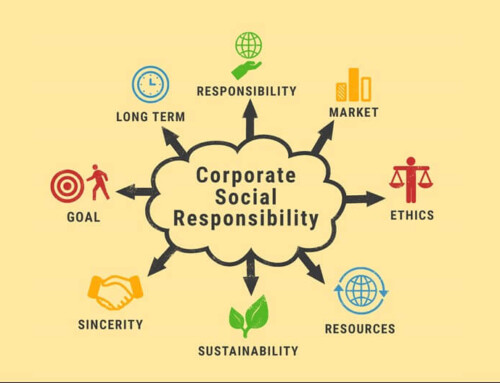Luxury travel, whether for an executive meeting or as a travel incentive reward, provides unique opportunities. Many people look forward to trying new foods or seeing the sights, but there’s more to consider than just these common tourist elements. Travel also lets people explore new cultures, environments, and even behaviors. However, these new dynamics must be handled appropriately, and ignorance can sometimes cause unfortunate situations.
The beauty of a travel incentive or executive meeting is that, unlike business travel, these activities often involve groups of individuals. This results in much planning and preparation, which is an ideal time to ensure that those traveling to a specific destination are aware of any particular customs, dress codes, gestures, etc., that are different. Here are a few tips for cultural etiquette to remember when heading to an international destination.
Ensure Appropriate Greetings
First impressions can make a big difference, so it’s important that your greeting is correct. In the United States, a firm handshake and eye contact are customary greetings. In many Asian cultures, however, handshakes are gentler, and eye contact isn’t as direct. In some countries, handshakes aren’t expected at all, especially between people of the opposite sex.
Be Mindful of Body Language and Behavior
Body language is another factor, as it can be regarded as rude, inappropriate, or obscene. In many Muslim contexts, for example, it isn’t polite to show the soles of your feet to anyone or point your foot at someone. It is also impolite to cross your legs when sitting in front of a guest, and if you need to gesture, use your whole hand instead of one finger. In some cultures, standing up whenever a new guest enters a room is a common courtesy. In Australia, a ‘peace sign’ with the palm inward is the equivalent of the United State’s middle finger up (“flipping the bird”), and a thumbs up (“all is ok”) is considered an obscene gesture in Bangladesh.
Communicate Correctly
Some cultures value casual conversation and will not appreciate attempts to ‘get down to business’ right from the start. These cultures prioritize the pre-business conversation stage and enjoy a more relaxed atmosphere where people can bond. Similarly, conversational directness will be less acceptable in some places than others. Ensure you also express your gratitude often, as failure to do so is (understandably) considered rude in many cultures.
Consider Your Clothing
Attire should be carefully selected based on the destination. Many destinations in the Middle East or those with a heavy Muslim influence expect conservative dress, especially for women. Females may be required to wear a head covering, while men and women should avoid showing a lot of skin, which may mean leaving shorts, above-the-knee skirts, and sleeveless shirts and blouses at home. Additionally, tightly fitted clothing (such as leggings, cycling pants, etc.) is also banned in some countries. When in doubt, dress modestly and avoid attire that would bring a lot of attention to you.
Conclusion
Here’s the golden rule for traveling into another culture: take the time to research and learn. Be flexible and willing to adapt. Customs differ from country to country, and you must learn what you can. You don’t have to spend hours studying every time you travel, of course, but be sure you understand what behaviors are unacceptable and what locals will expect from you. Be the kind of visitor that locals appreciate, not the kind they dread. Of course, if you’re planning a trip for a group, such as an executive meeting or travel incentive, it will be up to you to educate everyone on the dos and don’ts of the destinations.
Whether you’re planning an executive meeting or a travel incentive program, Gavel can help. Contact us to learn more.
This article was last updated on March 8, 2024
- Why Content Is Essential for Driving Leads – and How to Create Content That Does - March 3, 2025
- Dining and Socializing in Posh Palm Beach, Florida - February 24, 2025
- The B2B Guide to Master Modern Meeting Planning - February 17, 2025






